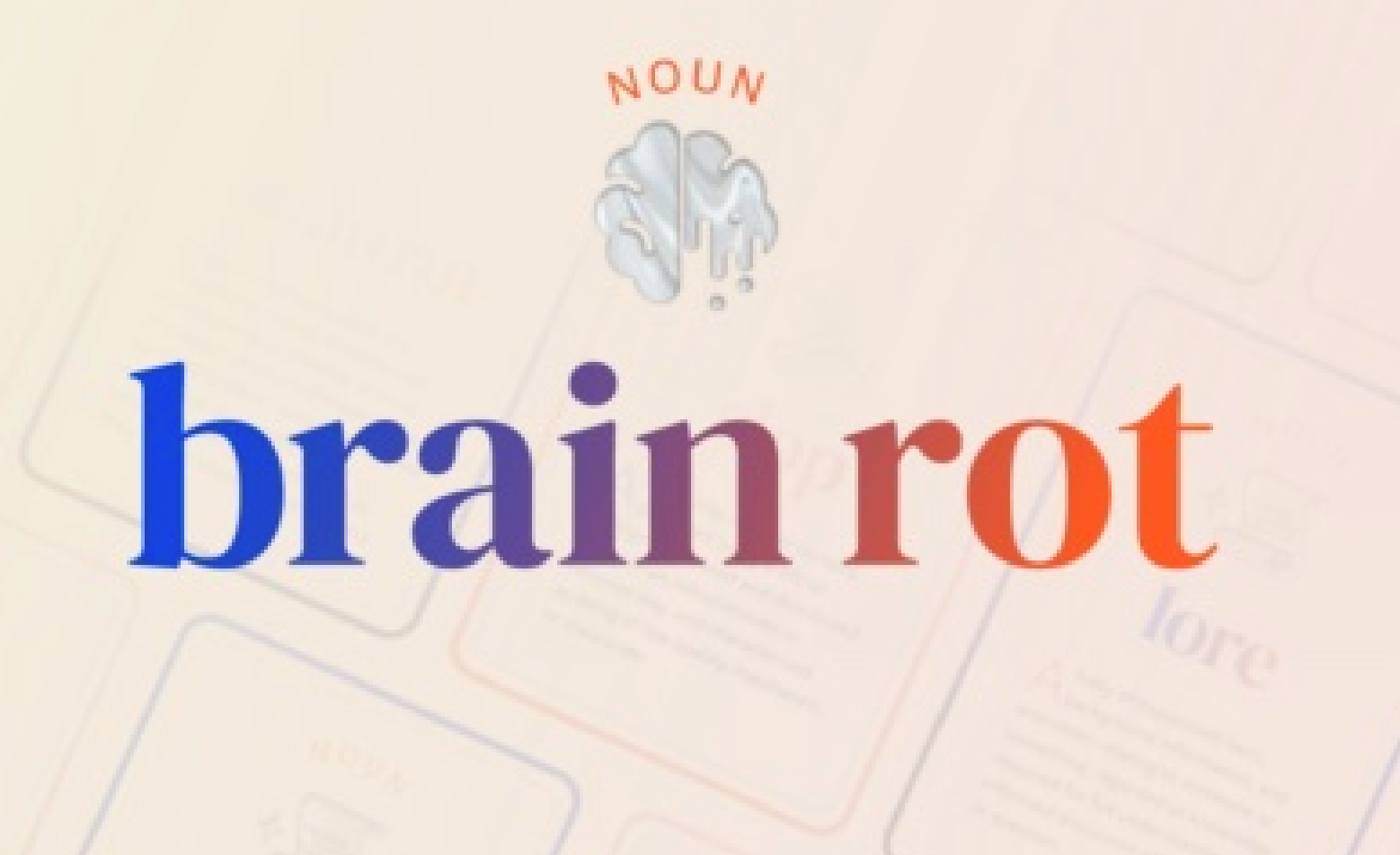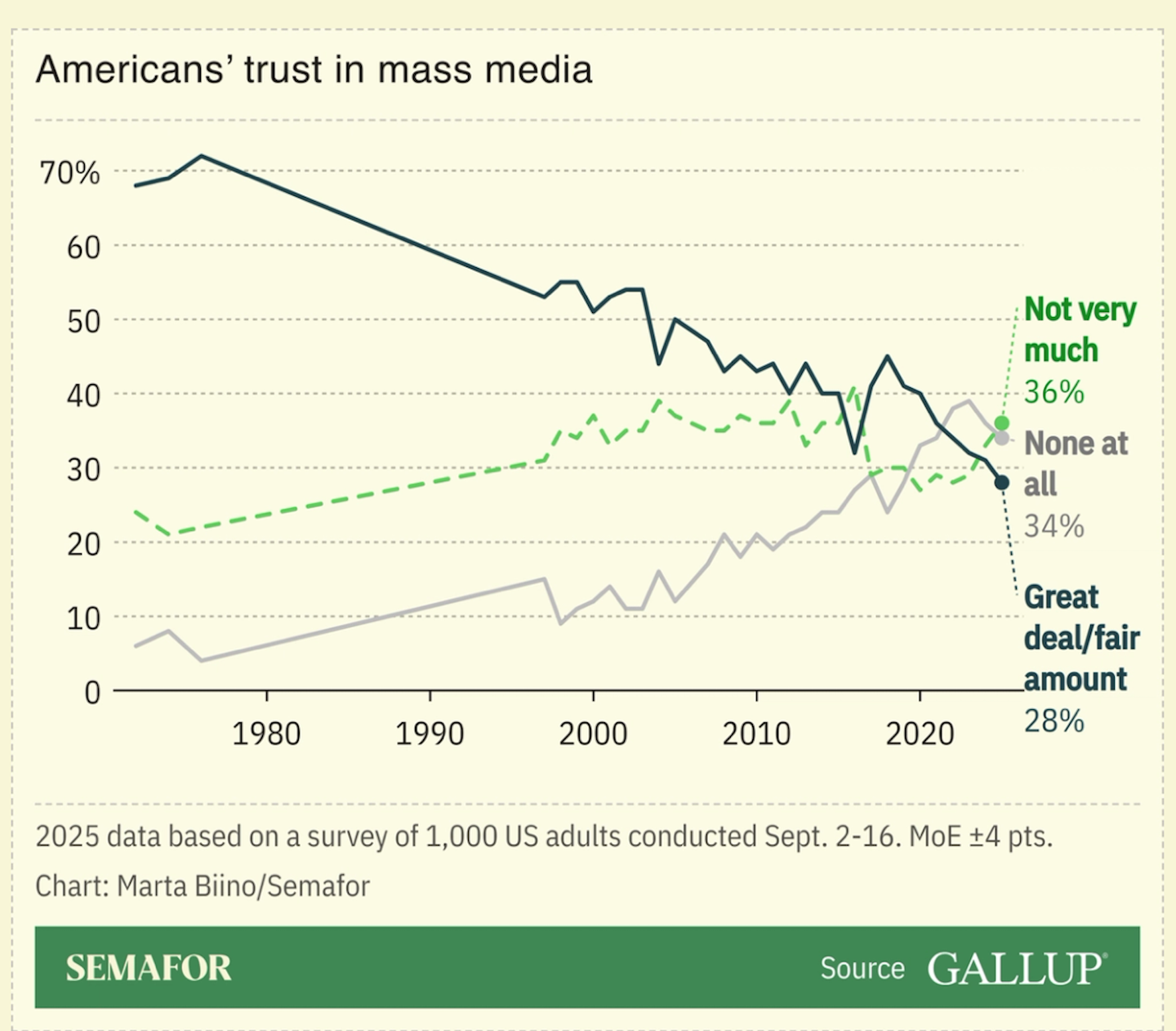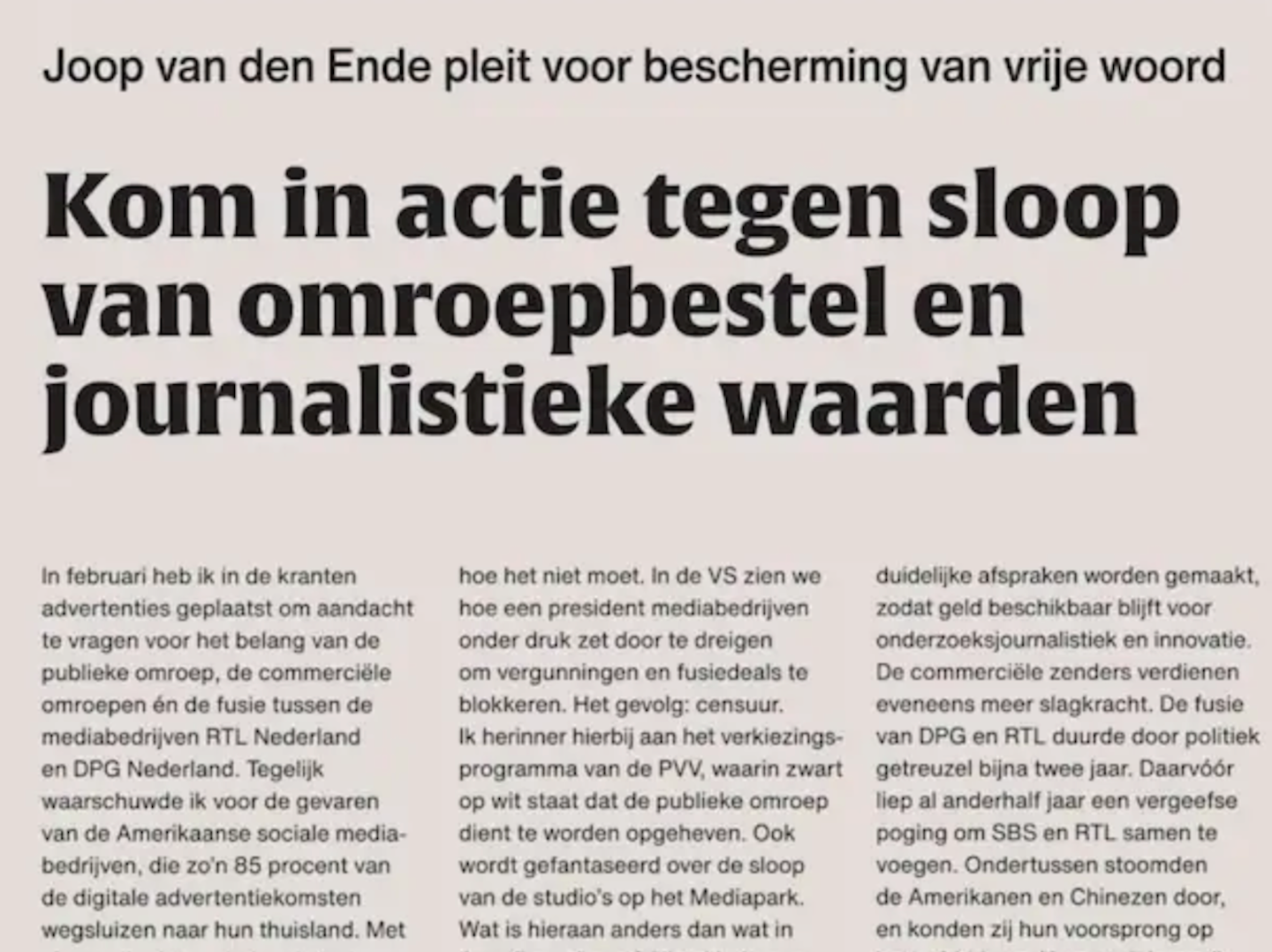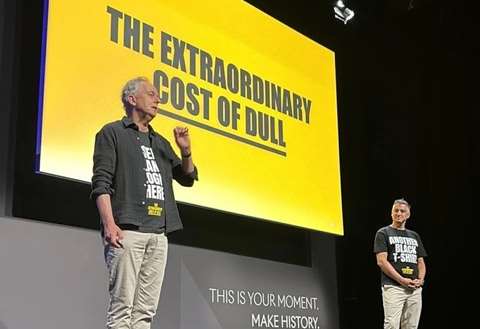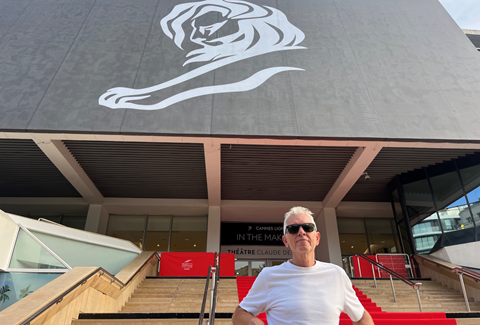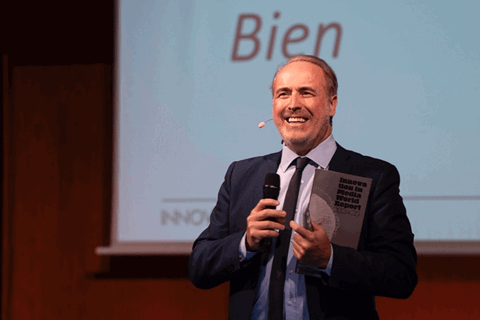Communication as the nervous system of society
I was trained to see communication as the nervous system of society – essential both for the health of democracy and for the craft of persuasion in advertising, brand trust, ethical marketing, and consumer engagement. My early influences were Marshall McLuhan and Neil Postman, who warned against blind techno-optimism, and David Ogilvy, who built campaigns on research and truth. Ogilvy’s classic reminder—“The consumer is not a moron, she is your wife”—urged respect for audience intelligence.
Yet today, in the haze of algorithm-driven feeds and AI-generated voices, the idea that technology inevitably brings progress feels naïve, almost quaint.
Progress is not a straight line
We are told, in politics, business, and even climate debates, that innovation will solve our problems. Progress is presented as an unbroken, upward curve, the product of human mastery over nature. But history shows that progress is uneven, and its benefits conditional. A new technology may help us cut emissions—or bring us together—but it can also deepen inequality, erode trust, or corrode democratic norms. Technological advancement is not a straight road toward the good. It has hairpin bends, blind corners... and increasingly, head-on collisions with truth itself.
Nobel prize winners Daron Acemoglu and Simon Johnson, in Power and Progress, remind us that technologies rarely default to bringing widespread prosperity. They serve those who control them.



